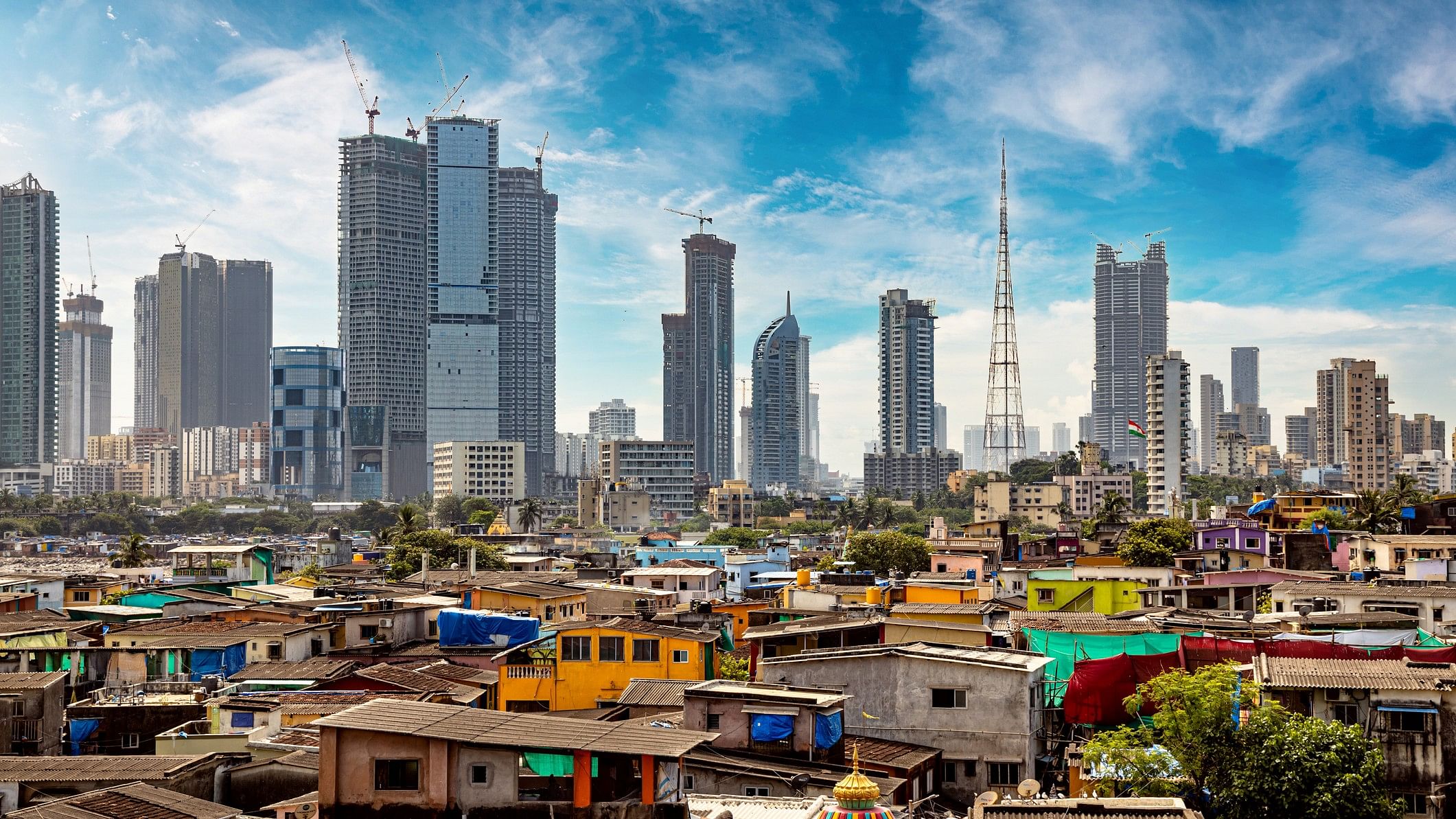
An image showing the Mumbai skyline, with skyscrapers in the background juxtaposed against slums in the foreground.
Credit: iStock Photo
New Delhi: As G20 finance ministers prepare to consider a wealth tax on the super-rich next month, a survey has revealed that 68 per cent of people in these countries, including 74 per cent in India, support the idea to address global hunger, inequality and climate crisis.
The survey by the Earth4All initiative and Global Commons Alliance covered 22,000 citizens in the world's largest economies.
The proposal for a levy on the super-rich has been under discussion since at least 2013 with international support on the issue growing over the years.
Brazil, the current president of the G20, aims to build consensus on the taxation of wealth and is likely to push for a joint declaration at a meeting of G20 finance ministers in July.
Gabriel Zucman, a French economist and a key influencer behind Brazil's G20 proposal for progressive international taxation to promote tax justice, will release a report on Tuesday, outlining how "a global minimum tax on the ultra-rich" could work and how much it could raise.
According to Zucman, the super-rich pay significantly less tax than the ordinary people. The proposal aims to establish a new international standard: billionaires in every country would be required to pay at least 2 per cent of their wealth in taxes annually.
Owen Gaffney, co-lead of Earth4All, said, "Indians want a giant leap on climate and nature -- 68 per cent demand dramatic reforms across all economic sectors within the next decade. This is a strong mandate for planetary stewardship that cannot be ignored."
Seventy-four per cent of Indians support taxing wealth. Tax on high incomes and corporations to fund climate initiatives alongside a 'polluter pays' approach with income redistribution are also strongly supported, he said.
Seventy-one per cent of Indians endorse universal basic income, 74 per cent support policies that encourage healthy diets to cut emissions, and 76 per cent seek a better work-life balance.
Sixty-eight per cent of Indians believe the world needs to take dramatic action in the next decade across all sectors of the economy -- electricity generation, transport, buildings, industry, and food.
Eighty-one per cent of the Indians surveyed support a shift to "wellbeing economies" that have a stronger focus on health and the environment than a narrow focus on economic growth.